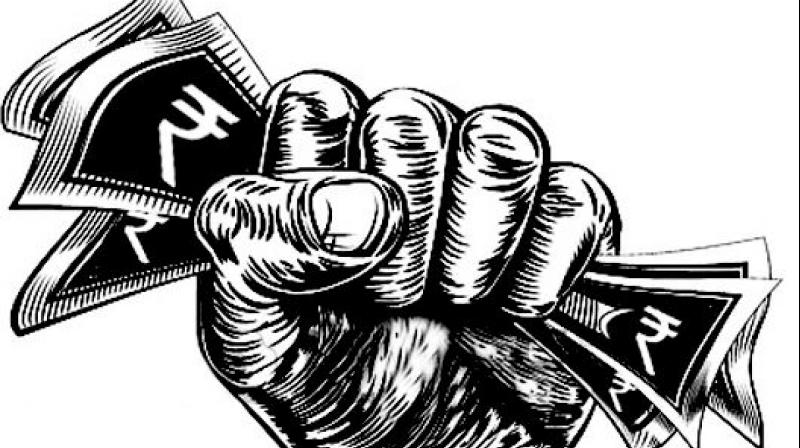Demonetisation to impact economy in short term: India Inc

New Delhi: Indian industry today asked the government to take steps for improvement in productivity and consumption as demonetisation of 500 and 1,000 rupee notes will have an impact on the economy in the short term.
It also suggested that the government accelerate PSU disinvestment; reduce corporate tax to 18 per cent including all surcharges and cess; and cut in minimum alternate tax. These issues among others were raised during the pre-Budget meeting between Finance Minister Arun Jaitley, industry chambers and exporters.
"Demonetisation issue was discussed in the meeting. We need to make sure that the inconvenience that some of the people are facing must get better and I am sure they (government) are working on it.
"I think the government understands (the situation) and they well recognise that in short term there will be some pain ... What more can be done to enhance consumption, production and investment. Those discussions have taken place," industrialist Rajan Mittal told reporters after the meeting.
He said this is the time to bring down corporate tax. Exporters body FIEO President S C Ralhan suggested creation of export development fund to boost shipments. Sharing similar view on demonetisation, Ficci President Harshvardhan Neotia too said that it will have a short term impact on the economy. He recommended increase in personal income tax slab and reduction in MAT.
CII said that while the demonetisation is right and welcome move for the long term, "it is widely felt among industry members that we need to offset the immediate downturn that industry will go through".
To revive investments, it said by December 31, 2017, it suggested for divestment/privatisation of 100 companies including the 74 identified by NITI Aayog. It also proposed that corporate tax be brought down to 18 per cent including all surcharges and cess.
"In return we can remove all tax incentives, concession and need no grandfathering of previous incentives," it added.
Assocham said the demonetisation move now needs to be followed up with stronger reforms on the taxation side and with steps to improve the investment cycle.
"Due to the disruption from the demonetisation drive, GDP growth rate in FY'17 may dip a little compared to the last 2 years, but even then India is likely to out pace most other major economies," it said.
Demonetisation drive, it added, has brought down economic activity drastically across all sectors and growth will remain muted at least for the third and fourth quarters of the current financial year.
"To offset this, it is imperative to rationalise direct and indirect tax rates in order to boost economic activity. The tax net should be widened. Corporate tax rate be reduced to 25 per cent. To fuel consumption, income tax rates can be rationalised under revised slabs," it added.

